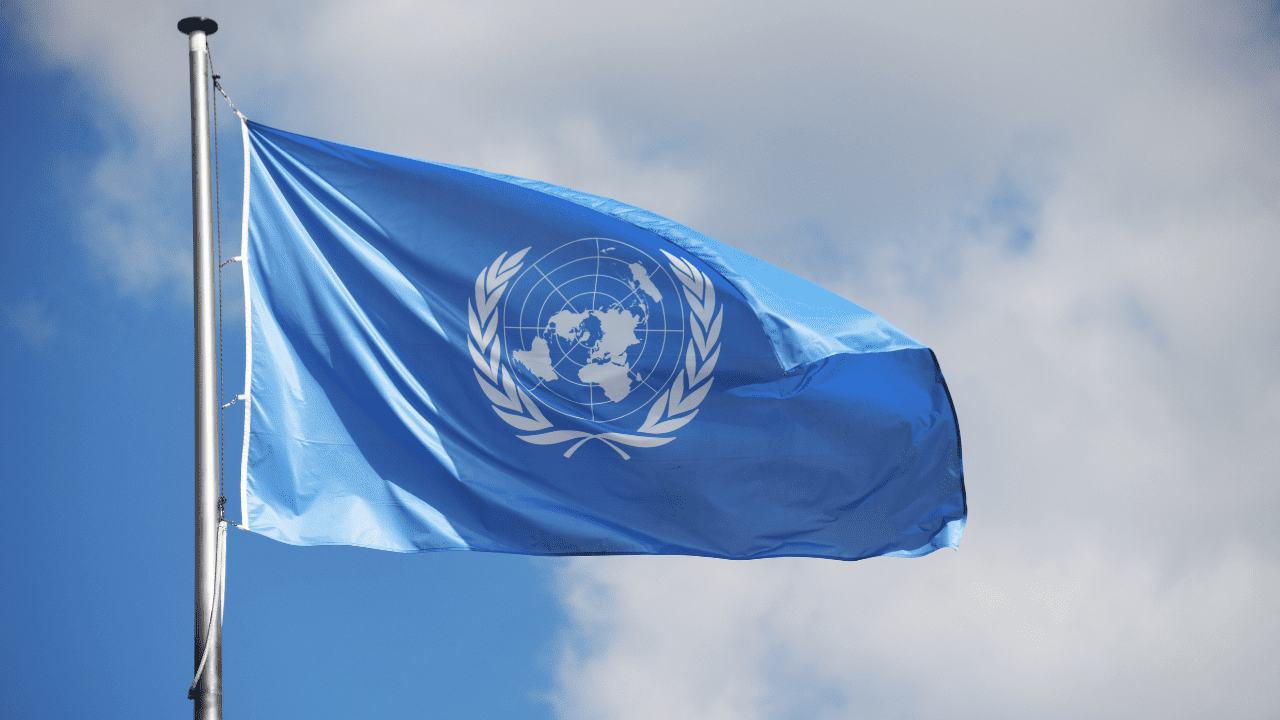At a time when international cooperation provides the key to preventing a variety of global calamities―including nuclear war, climate catastrophe, and massive starvation―it’s tragic that major nations, ruled by nationalist, rightwing parties, are on a collision course with the organizations that represent the international community.
Chief among these international organizations is the United Nations, with a Charter that bans “the threat or use of force against the territorial integrity or political independence of any state.” Nevertheless, ignoring this ban, the Russian government has engaged since February 2022 in a massive military invasion and occupation of Ukraine, the Israeli government has continued a brutal occupation and military bombardment of Gaza, and the President of the United States has ordered the bombing of Iran and talked glibly of seizing Gaza, Greenland, and the Panama Canal.
These same nations have refused to comply with or stymied the mandates of numerous key international organizations.
The Russian government has refused to abide by the February 2022 ruling of the International Court of Justice that Russia cease its military invasion of Ukraine immediately, has defied repeated votes by the UN General Assembly condemning its invasion, occupation, and annexation of Ukraine, and has rejected compliance with an International Criminal Court arrest warrant for Russian President Vladimir Putin for his regime’s kidnapping of Ukrainian children. In the UN Security Council, Russia used its veto to frustrate international denunciation of its war on Ukraine and condemnation of Russian annexation of Ukrainian territory.
The Israeli government has spurned vast numbers of UN General Assembly resolutions calling for fair treatment of Palestinians and an end to Israeli occupation of their land or to honor the International Criminal Court’s arrest warrant for Prime Minister Benjamin Netanyahu for war crimes against humanity in Gaza.
For its part, the U.S. government, under the new administration of Donald Trump, belittled the United Nations, pulled the United States out of the World Health Organization, abandoned the UN Human Rights Council, suspended U.S. payment for the UN Relief and Works Agency for Palestine Refugees, and announced a review of its membership in the UN Educational, Scientific, and Cultural Organization. It also employed its veto to block passage of a UN Security Council resolution demanding a permanent ceasefire in Gaza.
The fervent resistance of these governments to international authority is illustrated by their vehement responses to the work of the International Criminal Court (ICC), a global juridical entity endorsed by 125 nations. In Russia, the government opened criminal cases against the prosecutor and judges of the court, while former President Dmitry Medvedev publicly threatened to target the court with missile strikes. In Israel, Prime Minister Netanyahu fiercely denounced the ICC warrant for his arrest as an “antisemitic act” by a corrupt prosecutor and biased judges. In the United States, President Trump issued an executive order in early February 2025 imposing economic and travel sanctions against the ICC prosecutor, establishing a framework for imposing additional sanctions on ICC officials, and directing the U.S. officials to submit the names of other individuals to be targeted.
Indeed, the Trump administration has launched an all-out attack on the work of international institutions, especially the United Nations. In February, Trump ordered a six-month review of U.S. membership in all international organizations, conventions, and treaties with a view toward reducing funding, ending funding, or simply withdrawing from them. This review included a critical examination of the United Nations, with the result that the administration’s 2026 budget proposal reduced UN funding by 87 percent. This draconic UN budget cut will drastically undermine the World Food Program, assistance to children (e.g. UNICEF), refugee, migration, disaster relief, family planning, and economic development programs, the International Court of Justice, the International Atomic Energy Agency, and UN peacekeeping missions, with disastrous consequences. Global starvation, for example, is now widespread, with acute hunger confronting 343 million people in 74 nations.
Meanwhile, in Congress, Republican legislators have introduced bills in the Senate and the House to terminate U.S. membership in the United Nations and affiliated institutions. Representative Chip Roy of Texas, a MAGA stalwart, declared that it was time to dissociate the United States from “this corrupt globalist organization.”
Despite these attacks and a retreat from international responsibility by other nations, it remains possible that international organizations can weather the rightwing, nationalist storm. At the United Nations, Secretary-General António Guterres has been working to modernize and streamline the UN system’s structure, priorities, and operations to meet the new challenges it faces. Nevertheless, given the need to reduce the UN core budget by 20 percent, his new UN80 reform plan does call for thousands of job cuts.
A more promising solution to the problems created by nationalist ideologues in major nations is for other nations to pick up the slack in supporting international institutions. The European Union (EU) is particularly well positioned to assume this role, for it generally favors multilateral action to address global challenges. And it also possesses substantial financial resources. Together with Britain and some potential non-Western partners, such as Japan and South Korea, the EU could substitute for the United States in bolstering the United Nations and other organizations that now provide the rudiments of cooperative global governance.
In addition, it’s certainly possible that, given the inability of governments with a narrow nationalist approach to effectively address contemporary global problems, they will sooner or later be replaced by governments better able to cope with the modern world.
Of course, the League of Nations and the hope of international cooperation were destroyed in the 1930s thanks to the rise of rightwing, hyper-nationalist regimes, and a comparable process might be unfolding today.
Even so, with the onset of World War II, most people finally realized that narrow nationalism had to give way to global cooperation. Let’s hope that it won’t take another world war or comparable catastrophe to convince people again.



























